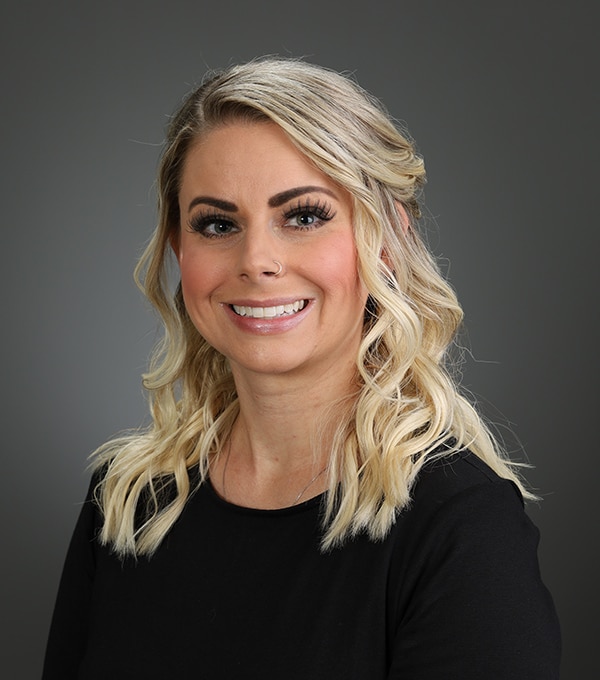I have been working as a social worker for over 15 years, and most of my experience has been supporting adults, children, youth, and families within the scope of child intervention. As a social worker, I have learned how our adverse childhood experiences can have a significant long-term impact on a person’s psychological and physical well-being. These skills and experience have informed my counselling practice so that I can best support my clients in this role as a therapist.
Experiences such as abuse, neglect, mental illness, addictions, loss and grief, violence, and intergenerational trauma can create toxic stress within the body. This excessive activation of the stress-response system can lead to lasting wear and tear on the body and the brain.
Trauma adaptations manifest in many ways, from hyper-vigilance, relational and attachment issues, low self-esteem, lack of trust, difficulty opening up to others, and dissociation. Trauma typically alters worldviews, resulting in avoidance of places and people leading to isolation. There is no single event that can fully encapsulate the experiences that cause trauma. Each person’s experiences, perceptions, and the impact of the traumatic event(s) are all unique.
Navigating the justice system, collaborating with agency partners, and advocacy are areas that can be challenging to conquer without support. Larger systems have created oppressed populations through marginalization which has led to privilege and power imbalances within social groups. Anti-oppressive practice is a broad concept that focuses on mitigating power imbalances by giving people the tools to deepen their understanding of how power and privilege work at different levels within society. I resonate with the ideology that the development and facilitation of programs and practices can positively shift societal dynamics in ways that can decrease oppression.
The integrative method of holistic counselling considers the interconnectedness of a person’s physical, emotional, mental, and spiritual aspects. Holistic counselling encourages self-awareness and self-empowerment by exploring various areas of a person’s life, as well as the ability to gain a deeper understanding of themselves and their place in the world.
Through observation within my professional experiences, I have recognized that heightened self-awareness enables people to cultivate a stronger sense of purpose and fulfillment. This level of awareness allows them to create knowledgeable decisions, implement appropriate boundaries, and develop healthier relationships.
By addressing all these aspects, stress, anxiety, and depression can be reduced and one’s overall quality of life can improve. In addition, holistic counselling can have a positive long-term impact because it equips individuals with strategies that they can apply continuously in various areas of their lives. These strategies can include mindfulness practices, stress management techniques, effective communication strategies, and self-care routines.
Somatic techniques include breathwork, movement, and body awareness exercises which can explore and heal emotional wounds that are held within the body.
The types of humanistic therapy that I focus on are client-centred therapy and existential therapy. Using a client-centred approach encourages a person to reflect and clarify their ideas to be able to better understand themselves and then alter their thoughts, feelings, and beliefs. Whereas existential therapy explores a person’s search for meaning in life, especially in the face of uncertainty, conflict, and loss and grief. The objective is to encourage people to view themselves as having the capability to direct their behaviours in a positive light and achieve their desired goals.
I am a person who has experienced my own trauma which has led me to become intrigued with understanding the long-term impact it can have on any person, and ways to promote life-long healing. This is what led me into the field of social work and now on to the journey of becoming a provisional psychologist.
Every person wants to be heard and understood because it allows for validation, promotes reflection, and an opportunity for change to occur. I feel privileged to be able to be a part of a person sharing their story and I recognize the vulnerability it takes for them to be able to do so. Finally, I strive to demonstrate authenticity, compassion, transparency, and empowerment for all people to be able to develop the skills they need to continue to grow and thrive.

